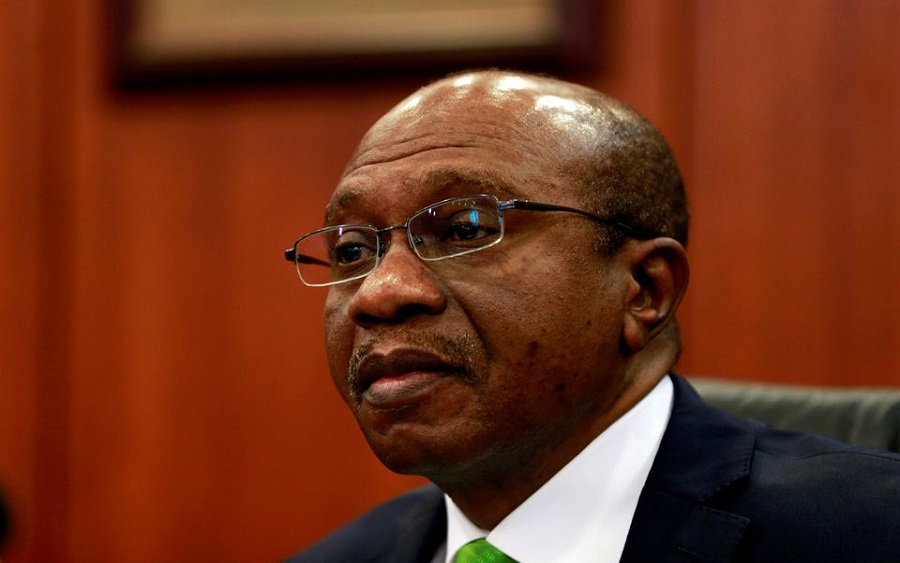The Central Bank of Nigeria (CBN) recently gave Nigerians less than 100 days to ‘dispose’ of the old banknotes in their possession following the announcement of the redesign of the N1000, N500, and N200 naira notes.
Although the monetary policy aims to reduce the amount of money outside of the banking system and rein in inflation, the immediate aftermath has left the naira in more trouble than before.
Some of the consequences we have noticed since the announcement include massive depreciation of the naira and higher imported inflation, etc.
Massive depreciation of the naira
The local currency has experienced its worst decline against the US dollar on the black market following the announcement.
- On October 26, the naira was trading around N760/$1. Since then, it has nosedived to a disappointing N900/$1. Naira’s decline in the black market essentially widened the gap between the official rate and the parallel market rate
- The Naira also crashed to a historic low against the British Pound Sterling after crossing the symbolic N1000 mark at the parallel market.
As Nigeria battles with a crashing local currency, the International Monetary Fund (IMF) has warned that dollarisation is hard to revert.
Rising prices
Nigerians have a strong appetite for consumer items from the United States and the UK, which has resulted in a heavy reliance on the importation of virtually everything, including food.
- Due to the forex crisis that has been exacerbated by the naira redesign policy, commodity and food prices in Nigeria would most likely be affected, thus causing higher inflation.
- In the first half of the year, Nigeria imported agricultural goods worth N907.8 billion against an export value of N343.4 billion, representing an agric trade deficit of N564.4 billion.
- This is particularly interesting considering that the agricultural sector is the largest in the Nigerian economy, yet it cannot ensure food sufficiency.
When combined with the naira’s plummeting value against the dollar, imported inflation is likely to exacerbate economic conditions for middle-class Nigerians, making it even more difficult to afford necessities.
EFCC raids Black market operators
The EFCC Chairman, Abdulrasheed Bawa, had endorsed the planned redesign of the naira and cautioned BDC operators against working with currency hoarders who would attempt to seize the opportunity to offload the currencies they had illegally stashed away.
- Mr. Bawa described the move as a well-considered and timely response to the challenges of currency management, which has negatively impacted the country’s monetary policy and security imperatives. He said:
- “The EFCC, the CBN, and some other regulators in the financial sector have worked closely in the recent past to determine how best to stabilize the country’s monetary policy environment. It is heart-warming that the CBN has demonstrated courage in taking this bold decision which I believe will bring sanity to the currency management situation in Nigeria.
A few days after the announcement by the CBN, operatives of the Economic and Financial Crimes Commission (EFCC) raided black market operators in Lagos and Abuja. Punch reported that about 87 forex dealers in the Federal Capital Territory, Abuja, Lagos, and Kano were arrested.
Money Issued nearly two Decades ago shows up in Circulation
After the CBN announced the redesign policy, naira notes that were minted as far back as over a decade ago began to circulate.
- Photos of the said naira notes have since gone viral on social media.
- An anonymous voice in one of the videos could be heard explaining that the money was printed in 2003.
- Although none of the videos could be verified, they garnered massive reactions on social media.
Why CBN Changed Naira
CBN Governor Godwin Emefiele had explained that the CBN and the nation’s integrity were at risk because of some imposing challenges in managing the current supply of banknotes in circulation, particularly those outside the banking system. He said:
- “Statistics show that 85% of the currency in circulation is outside the vaults of our commercial banks. Data indicates that N2.73 trillion out of the N3.23 trillion currency in circulation was outside the vaults of commercial banks across the country.”
He also cited the worsening shortage of clean and fit banknotes, increasing ease and risk of counterfeiting evidenced by several security reports, and the need to comply with global standards to circulate new legal tender every five to eight years.
- He added, “It is therefore no longer tenable to continue with business as usual especially given the continually evolving circumstances that could impede the optimal performance of our naira.”
Editing by Emmanuel Abara Benson












